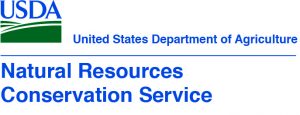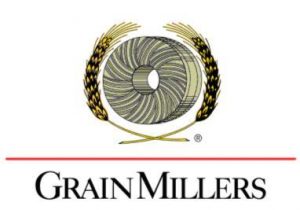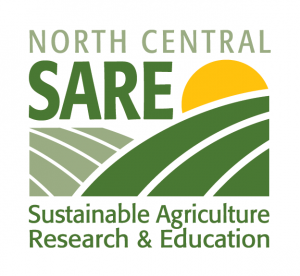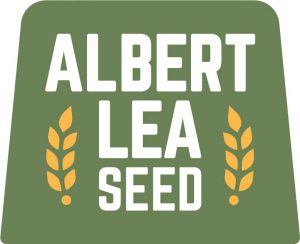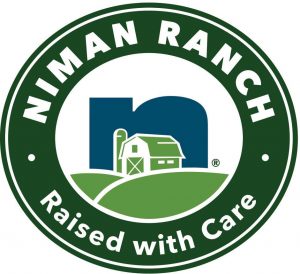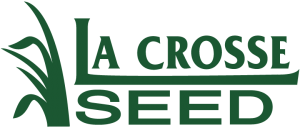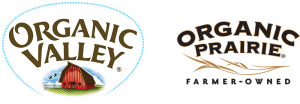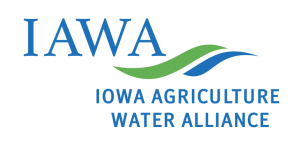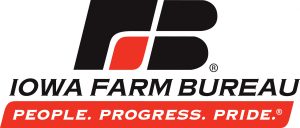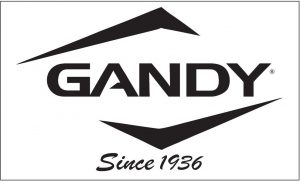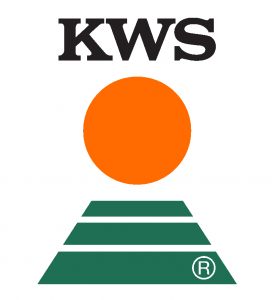Our office has moved! Our new address is 414 S 17th St., Suite 107 in Ames, Iowa.
Wheat: A Gateway Crop to Soil Health, Resilience and More
Thursday, Aug. 13
12:30 – 2 p.m. EDT | 11:30 – 1 p.m. CDT
In partnership with Purdue Extension Organic Agriculture and Indiana Conservation Cropping Systems Initiative
Adding wheat (or other small grains) into crop rotations opens the door to possibility. Not only do these crops invite you to plant a diverse cover crop and graze it, adding a small-grain crop can lay the foundation for a transition to organic. Managed properly, these possibilities can result in net profit. While some think of wheat as “poverty grass,” it’s time to reframe this versatile crop and rediscover its profit potential. In this virtual event, we’ll explore the farm management and economic implications of wheat and all its opportunities.
Hosts: Jim & Kathy Moseley
The Farm: Jim Moseley has farmed near Clarks Hill, Indiana, since 1970. Driven by a passion for soil health, he transitioned fully to no-till by 1983. In 2005, following four years of public service at the U.S. Department of Agriculture, Jim and his wife, Kathy, again returned to the farm to help establish their next generation in production agriculture.
Topics:
- Wheat production
- Cover crops
- Grazing cover crops
- Economics of extended rotations
- Small-grain markets
- Soil health
Format: Virtual Field Day
Platform: Zoom
Acknowledgements
This material is based upon the work supported by the Natural Resources Conservation Service, U.S. Department of Agriculture, under number NR193A750008G004. Any opinions, findings, conclusions, or recommendations expressed in this publication are those of the author(s) and do not necessarily reflect views of the U.S. Department of Agriculture.
2020 Field Day Sponsors
A-Level
B-Level

